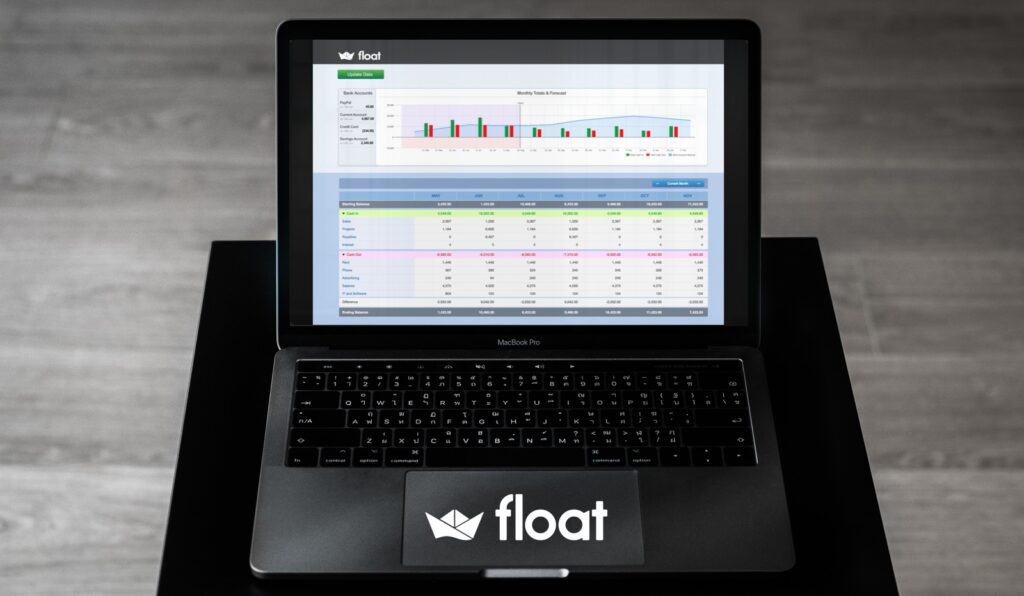Are you ready for the changes?
Trustee compliance obligations are set to increase yet again with the introduction of additional tax information disclosure requirements.
Inland Revenue will require additional information relating to a trusts and its activities. This will take effect from the 2021-22 financial year and its intent is to provide Inland Revenue with the information it needs to monitor the new 39% personal tax rate.
Who will be affected?
The new requirements will apply to existing and new trusts, and the trustees will need to be responsible to comply and provide the information required. Ultimately, these changes will affect beneficiaries and settlors as well as the trustees. Everyone involved should research and ensure they understand the changes.
What is changing?
Inland Revenue will require the following additional information (for the 2021-22 year):
- a statement of profit or loss and a statement of financial position for the trust;
- the amount and nature of each settlement made on the trust in the income year;
- the name, date of birth, jurisdiction of tax residence, tax file number and taxpayer identification number of each settlor who makes a settlement on the trust in the income year or whose details have not been previously provided;
- the name, date of birth, jurisdiction of tax residence, tax file number and taxpayer identification number of each person having a power under the trust to appoint or dismiss a trustee, to add or remove a beneficiary, or to amend the trust;
- for each distribution made by the trustee of the trust in the income year –
- the amount of the distribution; and
- the name, date of birth, jurisdiction of tax residence, tax file number and taxpayer identification number of the beneficiary receiving the distributions; and
- any other information required by the Commissioner.
You could be asked to supply information for as far as 8 years back if the IRD choose to require more information from you. We realise some of this information may not be readily available and quick to supply, so trustees will need to think about how to collect this information. It will be important to recognise that Inland Revenue will be able to identify ways in which individuals benefit from trusts other than through taxable beneficiary distributions. Public statements made by the Minister of Revenue state that serious consideration will be given to raising the trustee tax rate to 39% to match individuals if they see a systemic use of trusts to fund annual income (by capital distributions from income taxed at the lower trust tax rate of 33%).
Due to the broad nature of information that is now required, the information you supply us will need to be supplied in a timely manner as we are required to supply IRD the information upfront as they require it. We’re trying to soften the impact on our clients as much as possible, but it does mean we will be requesting a lot more information from you, the time and cost it takes to prepare the usual tax return is taking longer due to these requirements.
If you’d like to discuss your trust disclosure obligations or have more questions around this, please speak to your Engine Room advisor. We’d be happy to assist.



